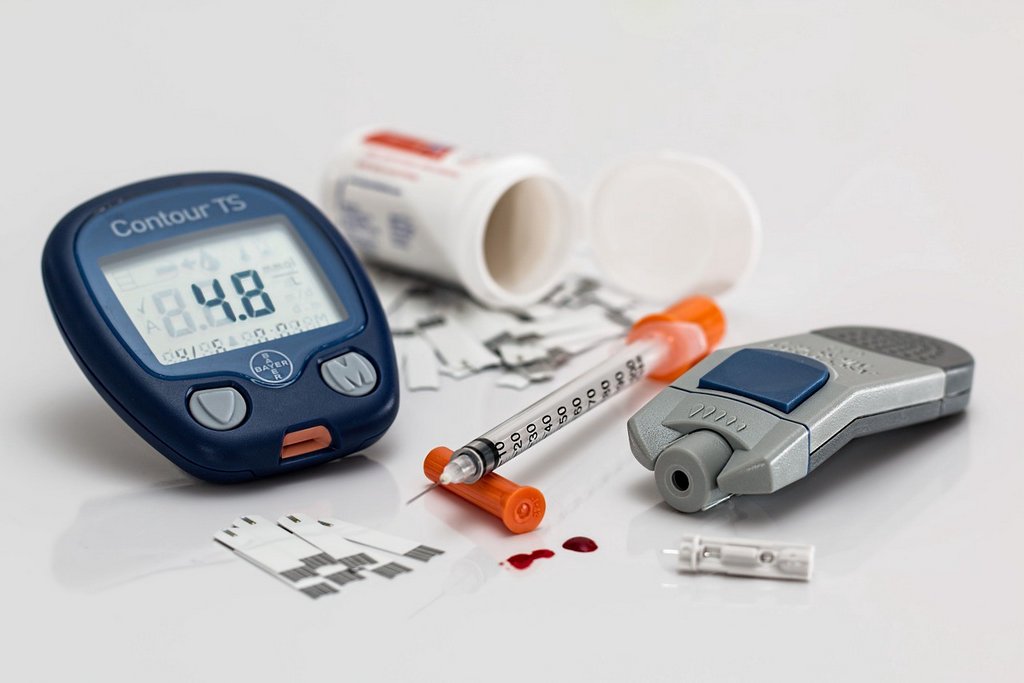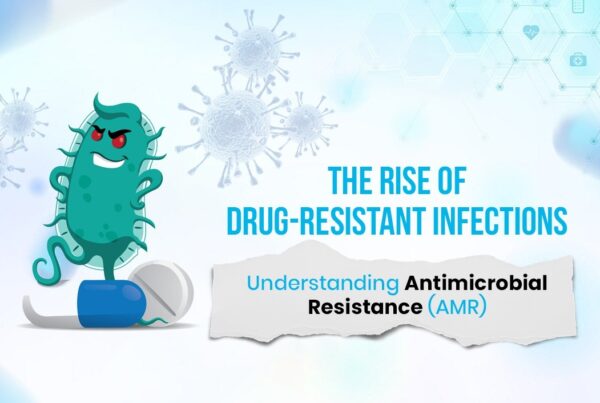Reversing diabetes is a term that usually refers to a significant long-term improvement in insulin sensitivity in people with type 2 diabetes.
People with type 2 diabetes that are able to get their HbA1c (A hemoglobin A1c (HbA1c) test measures the amount of blood sugar (glucose) attached to hemoglobin) below 42 mmol/mol (6%) without taking diabetes medication are said to have reversed or resolved their diabetes.
Let us understand in detail as to how diabetes work
The common cause of the type 2 diabetes is mainly obesity-related, which generally follows a dangerous cycle pattern:
- Diet high in calories -particularly if high in refined carbohydrates.
- Insulin levels in the bloodstream rise to cope with the high- and quick-acting carb intake.
- Weight is gained around the belly (central or truncal obesity).
- Consistently high insulin levels lead to the body’s cells becoming resistant to insulin and commonly lead to weight gain.
- High insulin levels also increase weight gain.
- Insulin resistance leads to an increase in blood sugar levels, particularly after meals.
- High sugar levels lead to feelings of lethargy and high insulin levels lead to increased hunger.
- Hunger often leads to overeating and lethargy, with less physical activity being taken.
- Overeating, less activity and high insulin levels all lead to further weight gain and more insulin resistance.
- Consistently high demand on the pancreas to produce extra insulin leads to damage of the pancreas’ insulin-producing beta cells.
- Beta cell damage results in the body struggling to produce enough insulin, and steeper rises in blood sugar levels leads to more recognizable symptoms of diabetes, symptoms of diabetes, such as thirst and a frequent need to urinate
How do we break the above chain to prevent from Type 2 diabetes?
Planning is one thing, but preparing meals ahead of time can also help. Meal prep can help a person:
- avoid making unhealthful food choices
- save time during busier times of the week
- save money
To reverse diabetes, you need to be able to break this cycle by taking the strain off your insulin-producing cells.
Low-carbohydrate diets –
- Lean meats, such as sirloin, chicken breast, or pork.
- Fish.
- Eggs.
- Leafy green vegetables.
- Cauliflower and broccoli.
- Nuts and seeds, including nut butter.
- Oils, such as coconut oil, olive oil, and rapeseed oil.
- Some fruit, such as apples, blueberries, and strawberries.
- Unsweetened dairy products including plain whole milk and plain yogurt
Very Low calorie diets –
A very low calorie diet is a clinically supervised diet plan that involves eating about 800 calories a day or fewer. They are sometimes considered for obese and severely obese people who are managing diabetes, going to have surgery or preparing for fertility treatment.
- Oats.
- Greek Yogurt. Greek yogurt is a great source of protein that can help curb cravings and promote weight loss.
- Soup.
- Berries.
- Eggs.
- Popcorn.
- Chia Seeds.
- Fish.
- Cottage cheese
- Potatoes
- Legumes (beans, peas and lentils)
- Watermelon
Exercise –

Persons with type 2 diabetes should undertake at least 150 min/week of moderate to vigorous aerobic exercise spread out during at least 3 days during the week, with no more than 2 consecutive days between bouts of aerobic activity.
Bariatric surgery –
Gastric bypass and other weight-loss surgeries known collectively as bariatric surgery. This surgery involves making changes to your digestive system to help you lose weight. Bariatric surgery is done when diet and exercise haven’t worked or when you have serious health problems because of your weight.
It is really important to say that I do not believe that there is one perfect diet for everyone. Different people respond to different diets. Here are 11 ways to start reversing the effects immediately:
- Avoid refined carbohydrates – Say no pasta, rice or bread (even wholegrain bread will spike your insulin)
- Avoid Sugar – If your body is already in a state where you cannot process carbohydrates and sugars properly, you are going to have to take steps to fully eliminate all sugars
- Do not be scared of good quality, healthy, natural fat – avocados, olives, almonds etc. Don’t worry about this causing you to put on weight. People who supplemented their diet with almonds lost more weight than those who supplemented with so-called “healthy, complex carbs”. It is all about the mindset
- Do not waste your energy counting calories. Concentrate on the quality of the food that you are eating and the calorie control will take care of itself.
- Include high quality protein and fat with EVERY single meal.
- Eat your meals sitting down at a table, because if you sit at a table and concentrate on what you’re eating, you are more likely to enjoy your food, feel satisfied at the end of your meal and eat less.
- Consider a form of regular fasting such as intermittent fasting or time-restricted feeding. It means eating your calories during a specific window of the day, and choosing not to eat food for the rest. It’s a great way to reduce insulin levels in your body and help undo the effects of chronically elevated levels.









